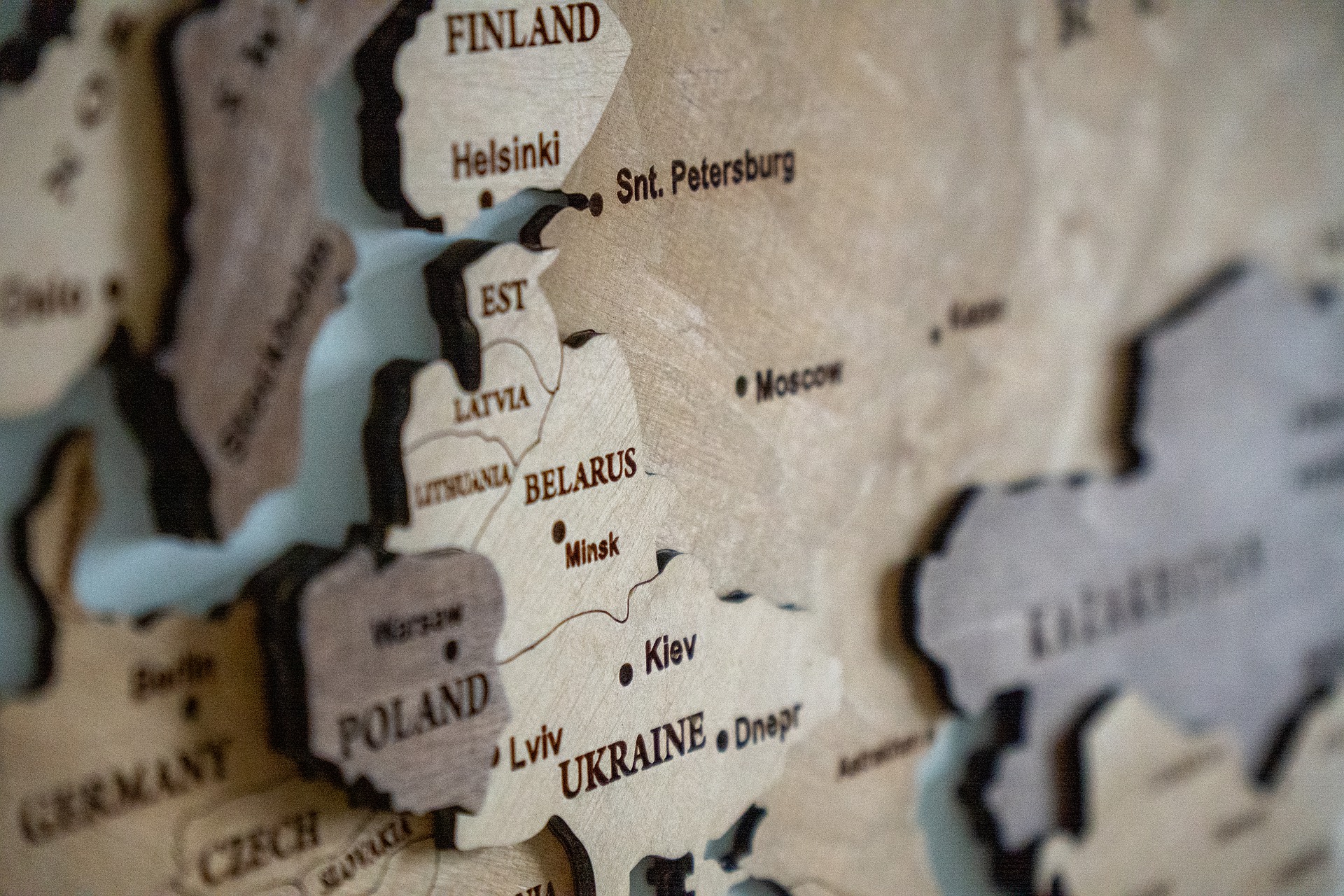The Russian invasion of Ukraine is worrying. An action like this will have a significant impact around the world, and it will undoubtedly have an impact on the global economy. This uncertainty has a lot of people wondering whether their plans for retirement might be affected.
Every situation is unique, but in the past stockmarkets have tended to rebound relatively quickly after big political events.
A year after the first Russian invasion of Ukraine in 2014, stockmarkets were 12% higher than before the conflict. Similarly, markets shrugged off the Soviet invasion of Afghanistan, and the Iraq war.
It’s early days, and we don’t know what will happen, but the UK and global stockmarkets (measured by the FTSE All Share and FTSE World indices) ended the week higher than they started.
One of the important things to keep in mind when we think about investment returns is that markets move based on expectations. The financial markets are inherently forward-looking and include not just all of the available information about what has just happened, but also the market’s expectations of what will happen in the future. It is not as simple as saying, “if something good happens, the market will go up, and if something bad happens, the market will go down.” Rather, it’s about how events square with what the market expected. If events are better than expected, prices will go up, and if events are worse than expected, prices will go down. This means that even though we are in the midst of a political crisis, that does not mean that the near-term returns are necessarily going to be negative (or positive).

Nobody seems to have been surprised by the invasion of Ukraine. So, market participants (that includes you and me) had already taken a view about what might happen, and acted accordingly. Whilst you may have personally done nothing, the fund managers who you pay will have been factoring in how their fund will be affected and they will have acted (or decided not to) in advance of the invasion.
Political crises rarely affect the direction of markets. The last three significant stockmarket setbacks were the COVID 19 outbreak, the global financial crisis and the dotcom bust. It seems unlikely that the invasion of Ukraine will have a significant financial impact on the assets and resources that are used in your retirement plan. If you were looking to worry about something that could affect your retirement resources and assets, I’d suggest that you focus on the global rise in inflation (I wouldn’t worry too much about UK inflation).
However, it is important to remember that assets and resources are just one part of your retirement plan. The other elements are liabilities, income and expenditure. It seems fairly likely that the Russian invasion will have an impact on expenditure and your plan may need to be adjusted to cope with a higher than expected rise in expenditure. In the worst case, a rise in essential expenditure (e.g. fuel and food prices) could reduce the amounts available for discretionary expenditure. But this rise in expenditure comes after a protracted period, when it was difficult to spend money on discretionary items. It is probably too early, therefore, to draw any conclusions about how you might be affected.
We appreciate that bad news can be worrying. And we hope you know that, if you are feeling worried about your financial position, you can contact us to discuss your concerns – please don’t think that your concerns could ever be too trivial.
Philip Wise | philip@sussexretirement.co.uk
Managing Director and Chartered Financial Planner



